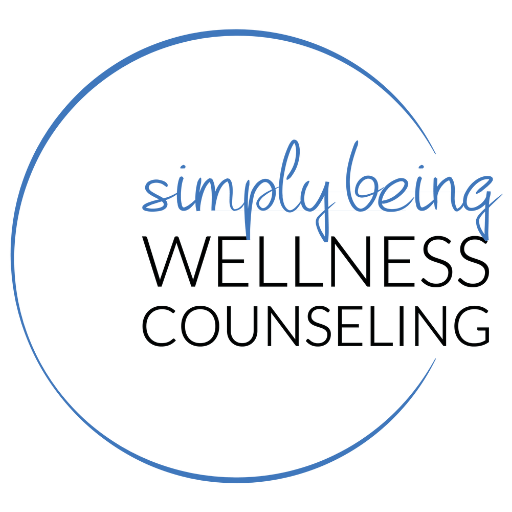5 Misconceptions About Therapy DEBUNKED
Written by Meena Niazi, LPCA
In recent years, therapy has been normalized and encouraged more often than before. Despite this, you may still have some reservations about whether therapy would be beneficial for you. I’d like to remind you that anyone can benefit from the support of a therapist. My hope is that you find a therapist who is inviting, empathetic, and provides a safe space for you. While there is an abundance of information available to show the benefits of therapy, there is also a ton of misinformation out there. Here are five misconceptions about therapy explained.
Therapy is only for people who have issues.
FALSE. First, we all have issues! Therapy is for any issue big or small. At any point in life you might feel overwhelmed, agitated, or upset by any particular event or emotion. Questions you can ask yourself are, how much is the issue impeding the quality of your life? What would you rate it? What would your life look like if this issue was resolved or alleviated? How long has this issue been occurring? What is the severity of the issue? Asking yourself these questions can clarify the need or priority of therapy in your life.
Therapy will fix me.
FALSE! If only there was a one stop shop to “fix” us. If you are asking to fixed, does that mean you are broken? And if so that is a deeper conversation. Therapy is different than medicine in that the treatment is collaborative. You work with your therapist to identify your goals in treatment, and the changes you want to see in your life. Therapy is about getting to know yourself better and developing insight to produce changes in your life. Therapy helps keep you accountable, as your therapist will continue to check in and follow up to see if you are making the progress that you desire. It’s about being honest with yourself. How we make meaning from the events that happen to us determines how we feel about ourselves and even the world around us. It’s difficult to identify the patterns we are stuck in sometimes without the help of an unbiased observer.
I only need one session.
You get what you give. In other words, how much you invest into showing up authentically and working collaboratively to meet your goals is how much progress you will make. Therapy in a microcosm is similar to any other relationship in your life. There needs to be a foundation of trust, security, and safety in the relationship. Once there is adequate rapport built and a solid foundation between you and your therapist can you then begin to express more vulnerability to address issues that are uncomfortable to discuss. Therefore, this will likely take more than one session!
I don’t need to talk to a stranger to help me.
Speaking to a stranger is uncomfortable. Think about doctors and nurses they are helpers but also strangers. However, we know in order to heal from any physical ailment we need to disclose to them our symptoms and point to where it hurts. Similar to therapy, we are also helpers who begin by asking you to point to where it hurts. The injury can be a deep wound or superficial but the healing process is what matters. A therapist is not meant to be an expert in your life, you are the expert in your own life. Physically and mentally you only know where you carry your pain. A helping professional is not your ordinary stranger but a person who has knowledge and expertise regarding mental health issues and has a desire to provide a space to explore with you, as you are the tool, not the stranger.
Talking about it won’t help me.
Evidence suggests the contrary however, it does depend on where you are in your journey. If the wound is too fresh or if there is trauma. However, this does not mean therapy would not be beneficial but that it needs to be on your own time. Some sessions there is no talking and that’s okay! We want to hold that space for you.
Your healing journey is uniquely your own. We want to support you on the journey. Schedule a call with us to begin meeting with one of our therapists. We look forward to meeting with you.
